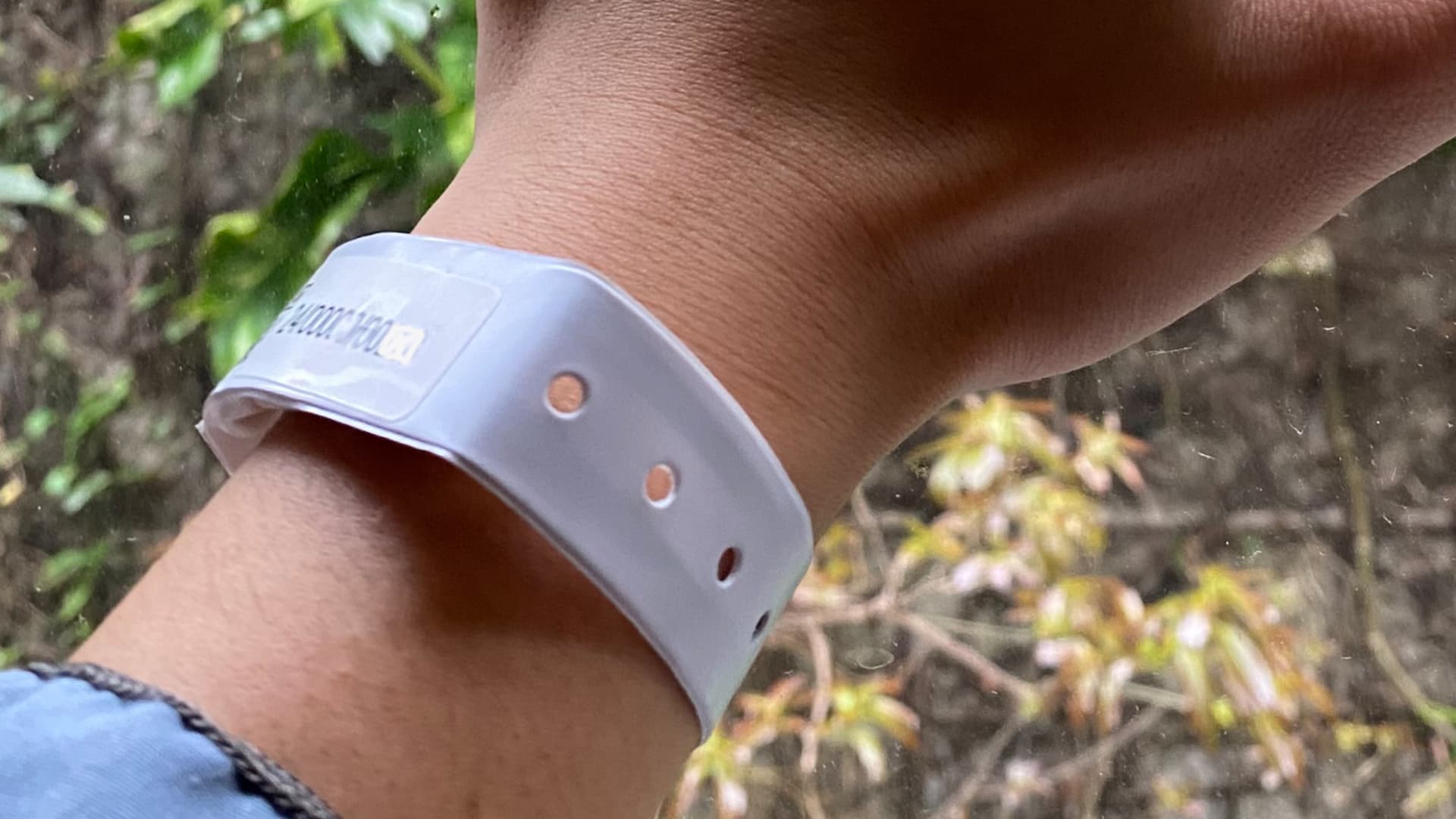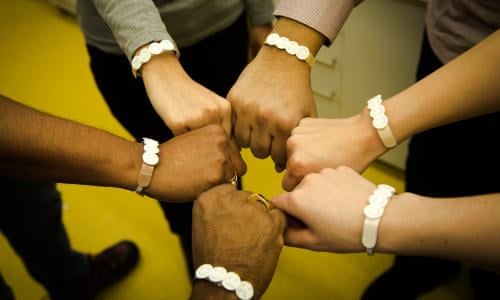A Viral Shock Wristband Promises Alertness. Science and Workers Aren’t Convinced

Chinese “eCoffee” wearable sparks hype, skepticism and labor backlash
A Chinese-made wristband that claims to zap users awake is drawing global attention as a flashy new productivity gadget—but scientists and workers are pushing back. The device, branded “eCoffee,” sends mild electrical pulses to nerves in the wrist and is marketed as a way to stay focused during long hours of study or work. It has quickly sold out on major Chinese e-commerce platforms and is shipping to markets worldwide, helped by slick advertising that links the product to brain science and elite performance. Yet online reaction inside China has been overwhelmingly sarcastic, tapping into growing resentment of punishing overtime culture.
On social media, critics liken the device to a portable electric chair or a shock collar for humans, arguing it benefits managers more than exhausted employees. Comedians and influencers have mocked eCoffee as the latest symbol of a system that tries to “fix” burnout with gadgets instead of rest, vacations or fairer workloads. Some posts draw dark comparisons to shock devices reportedly used in criminal scam compounds across Southeast Asia, suggesting the line between productivity tech and coercion can blur quickly. The backlash shows how even small wearables can become lightning rods in wider debates about labor rights and mental health.

Shaky scientific claims behind the marketing
Beyond the political symbolism, experts say the science behind eCoffee is far from settled. The company promotes the band as a nerve stimulator that can send signals from the wrist up to the vagus nerve, a key pathway involved in stress, focus and heart rate. Academic papers listed on its website are cited as proof, but researchers say most of those studies either address different devices or only explore theoretical mechanisms rather than clinical outcomes. One engineer working on similar technology says robust trials would be needed to show clear benefits—and those simply do not exist yet.
The marketing also appears to stretch the findings of a study on a related wristband used to reduce post-surgery vomiting, portraying results as much more dramatic than the data support. Another claimed partner, a Turkish doctor said to be running clinical trials in Europe, specializes in aesthetic gynecology rather than neurology. Neuroscience researchers caution that while stimulating the vagus nerve in the neck or ear has shown promise for certain psychiatric conditions, it is unclear whether pulses from the wrist can produce comparable effects. For now, they argue, eCoffee should be treated more like an expensive stress toy than proven medical equipment.

Lifestyle gadget in a gray regulatory zone
The company’s strategy mirrors a broader trend: shifting from strict medical positioning toward lifestyle branding to avoid heavy regulation. Devices that pitch themselves as wellness aids can often bypass the toughest safety and efficacy reviews, as long as they stop short of claiming to treat disease. That leaves consumers navigating a confusing space where products sound scientific but lack solid evidence. Experts warn that even relatively low-powered wearables can carry risks if they encourage users to ignore fatigue, push through long hours or delay seeking proper medical care.
At the same time, the global interest in eCoffee highlights a genuine demand for tools to manage attention and stress in hyperconnected workplaces. From vibrating bands that promise better sleep to headsets marketed for focus and meditation, the market for “neuro-wellness” gadgets is booming. The big unanswered question is whether these products meaningfully help—or simply nudge people to cope with unreasonable expectations. With regulators moving slowly and advertising moving fast, the debate around eCoffee may preview future clashes at the intersection of technology, neuroscience and workers’ rights.












